![This is a thumbnail image of blog What Are the Causes of Gum Disease? This is a thumbnail image of blog What Are the Causes of Gum Disease?]()
What Are the Causes of Gum Disease?
Jul 21, 2023![This is a thumbnail image of blog Best Practices For A Healthy Smile This is a thumbnail image of blog Best Practices For A Healthy Smile]()
Best Practices For A Healthy Smile
Nov 29, 2022![This is a thumbnail image of blog A Comprehensive Guide to Invisalign in Redmond, OR: Straightening Your Smile with Confidence This is a thumbnail image of blog A Comprehensive Guide to Invisalign in Redmond, OR: Straightening Your Smile with Confidence]()
A Comprehensive Guide to Invisalign in Redmond, OR: Straightening Your Smile with Confidence
Oct 16, 2024![tooth extraction in Redmond, OR tooth extraction in Redmond, OR]()
Understanding the Need for Tooth Extraction: 5 Common Reasons
Mar 19, 2024![This is a thumbnail image of blog Your Entire Body Can Feel Better If You Get Your Gum Disease Treated This is a thumbnail image of blog Your Entire Body Can Feel Better If You Get Your Gum Disease Treated]()
Your Entire Body Can Feel Better If You Get Your Gum Disease Treated
Jun 20, 2019

Sudden Tooth Pain? Here’s What Might Be Causing It
Are you experiencing a sudden, sharp pain in your tooth? Ouch! We've all been there – that unexpected jolt that sends us reeling and desperately searching for answers. But fear not! In this blog post, we're going to explore the possible causes of sudden tooth pain and share some valuable tips on how to prevent it from happening again.
What Causes Sudden Tooth Pain?
Tooth pain can strike suddenly and leave you feeling uncomfortable and distressed. But what exactly causes this sudden discomfort? Let's explore some of the possible culprits behind sudden tooth pain.
One common cause is dental decay or cavities. When bacteria in your mouth produce acids that eat away at your tooth enamel, it can result in a cavity. This decay can expose the sensitive inner layers of your teeth, leading to sharp, throbbing pain.
Another potential reason for sudden tooth pain is gum disease. As plaque builds up along the gumline, it can cause inflammation and infection, resulting in gum disease. This condition can lead to receding gums and exposed tooth roots, which are highly sensitive to stimuli like hot or cold foods.
Sometimes, a cracked or chipped tooth may be to blame for sudden tooth pain. Whether from biting down on something hard or sustaining an injury during a fall, these fractures can expose nerves within the teeth and cause intense discomfort.
Bruxism, or teeth grinding/clenching, is also a possible contributor to sudden tooth pain. The excessive force applied during grinding puts pressure on the teeth and their surrounding structures. Over time, this habit can lead to worn-down enamel and heightened sensitivity.
In some cases, sinus issues may manifest as dental pain due to their proximity to each other in the face. Sinus infections or allergies that cause sinus congestion often create pressure around certain areas of your upper jaw where your molars are located.
These are just a few examples of what could be causing your sudden toothache; however, it’s important not to self-diagnose but instead consult with a dental professional who will accurately determine the underlying cause.
Prevention
Taking care of your oral health is the best way to prevent sudden tooth pain. Here are some tips to keep in mind:
1. Maintain good oral hygiene: Brush your teeth at least twice a day and floss daily to remove plaque buildup and prevent tooth decay.
2. Visit your dentist regularly: Regular dental check-ups can help identify any dental issues before they become painful or more serious.
3. Watch what you eat and drink: Limit consumption of sugary foods and drinks, as they can contribute to tooth decay. Opt for a balanced diet that includes plenty of fruits, vegetables, and calcium-rich foods.
4. Wear protective gear during sports activities: If you're involved in contact sports or recreational activities that could potentially cause dental injuries, wear a mouthguard to protect your teeth from impact.
5. Avoid using your teeth as tools: Using your teeth to open packages or crack nuts can lead to fractures or other damage that may result in sudden tooth pain.
Remember, prevention is always better than cure when it comes to dental problems. By following these preventive measures and maintaining good oral hygiene practices, you can reduce the risk of experiencing unexpected toothaches.
If you do experience sudden tooth pain despite taking proper precautions, it's essential to seek professional dental care promptly. Your dentist will be able to diagnose the underlying cause of the pain and provide appropriate treatment options tailored specifically for you.
So take charge of your oral health today! With proper prevention strategies in place, you'll be well-equipped to tackle any potential causes of sudden tooth pain head-on – ensuring a healthier smile for years to come! Call us to learn more.
Location
774 SW Rimrock Way, Redmond, OR 97756
Phone: (541) 923-7633
Office Hours
MON8:00 am - 5:00 pm
TUE - THU7:00 am - 5:00 pm
FRI - SUNClosed
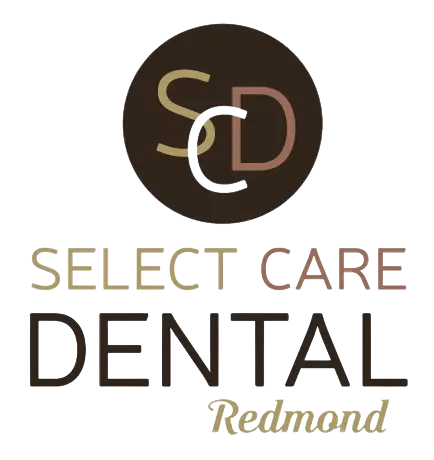
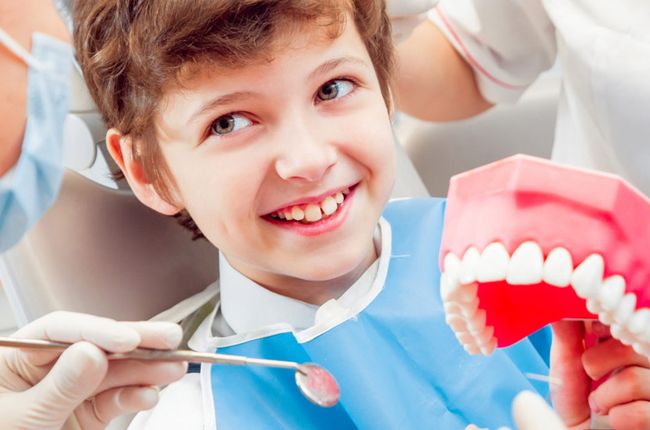










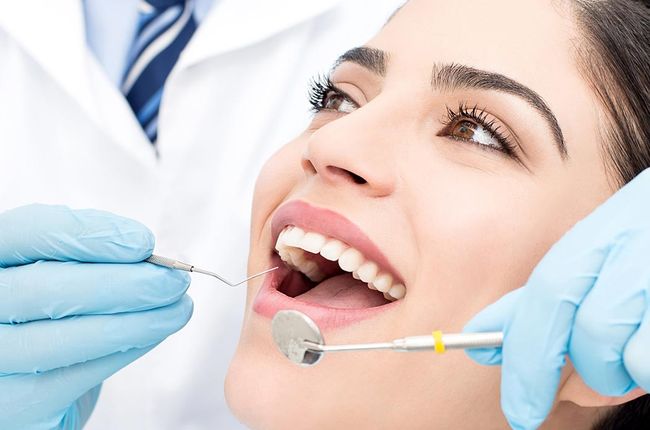




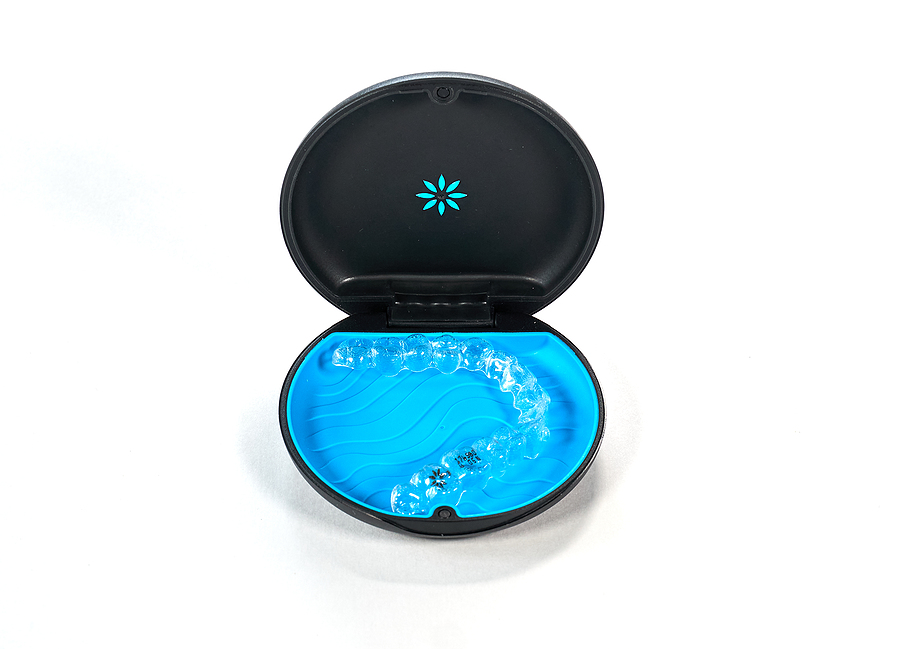
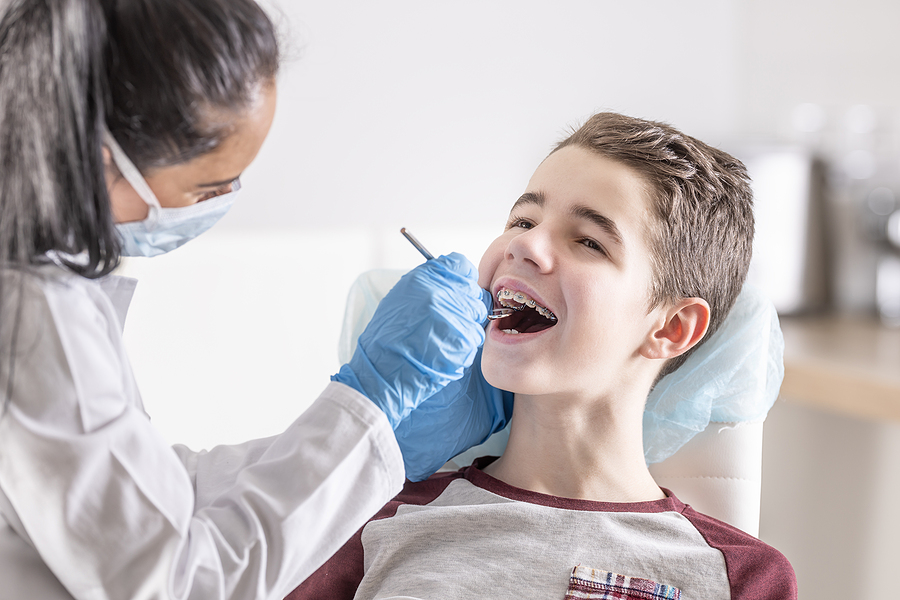

comments